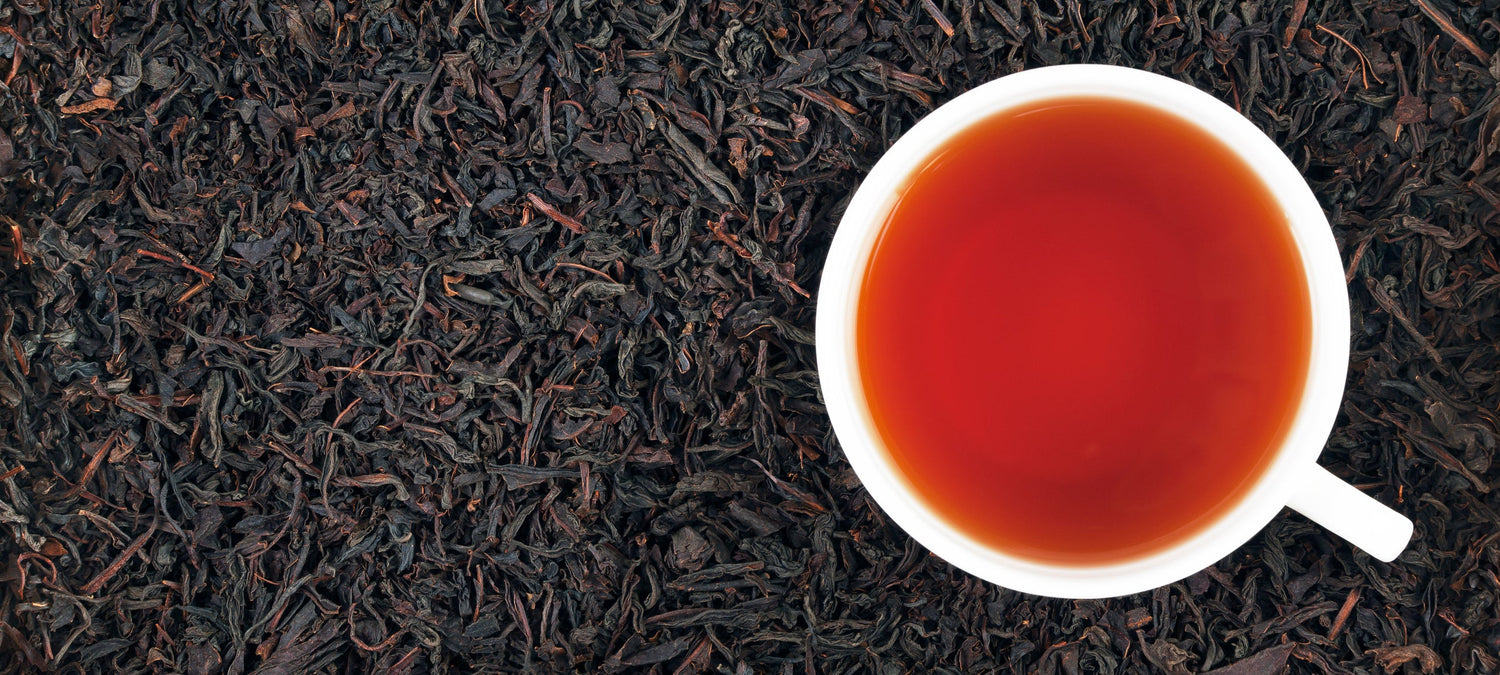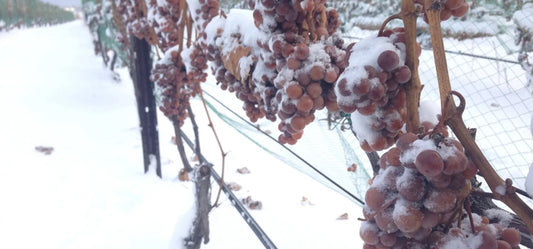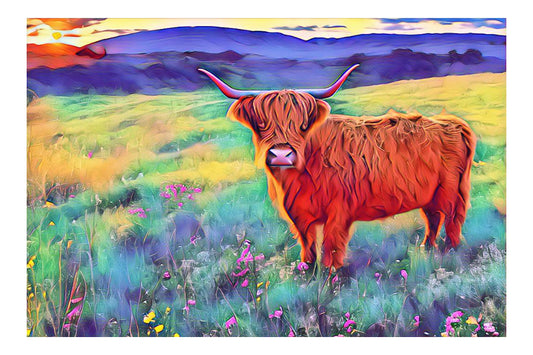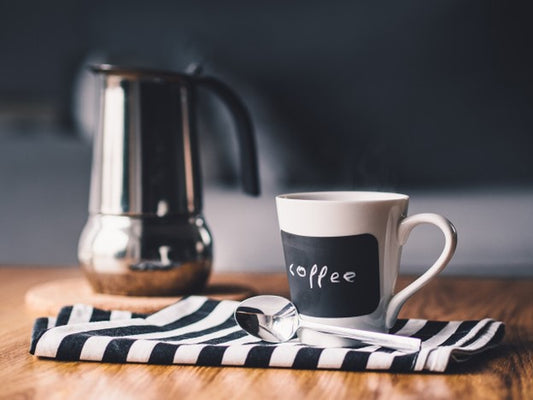Any coffee lover will tell you that the quality of the water used to make your brew is just as important as the quality of the beans. This is because water makes up around 98% of your cup of coffee, which significantly impacts the taste. Many people believe that the quality of water used to brew coffee has little to no effect on taste. Some people swear by only using filtered or spring water. However, the truth is that water quality can significantly impact the flavor of your coffee. Minerals in water can enhance the taste of coffee in much the same way that salt does for food. Can water quality affect the taste of coffee? Let's take a closer look.
Impurities in Tap Water
Have you ever brewed a coffee only to be disappointed by the taste? If your tap water is the cause of the problem, you're not alone. Many coffee drinkers find that their coffee doesn't taste as good as it could because of impurities in their tap water. In this blog post, we'll explore how impurities like chlorine and fluoride can affect the taste of your coffee and what you can do to avoid them.
How Chlorine Affects Coffee Taste
Chlorine is added to municipal water supplies to kill bacteria and other potentially harmful organisms. However, chlorine can also level out the natural flavors in coffee beans, leaving your coffee taste flat or metallic. If you're concerned about chlorine impacting the taste of your coffee, there are a few things you can do. First, you can use a home filtration system to remove chlorine from your tap water before using it to brew coffee. Alternatively, you can let your tap water sit for 24 hours so that the chlorine has time to dissipate before using it to brew coffee.
Impact of Fluoride on Coffee Taste
Many municipalities add fluoride to their water supplies to improve dental health. However, too much fluoride can also lead to an acidic taste in coffee. If you're concerned about fluoride impacting the taste of your coffee, using a home filtration system is the best option. A home filtration system will remove fluoride from your water so that it doesn't affect the taste of your coffee.
Avoid distilled water
Every choice matters, from the type of beans to the grind to the water you use. And one of the most important choices is what type of water to use. Most people assume that any water will do, but that's not always the case.
The Case Against Distilled Water
Distilled water is often lauded for its purity. And while this might be true, it's not always a good thing—especially when it comes to coffee. This is because distilled water lacks minerals. And without these minerals, almost all the taste is lost. Many coffee lovers say that distilled water produces a bland cup of coffee.
In addition, distilled water has a higher pH level than regular tap water. This means that it's more acidic. And when coffee is brewed with acidic water, it can taste bitter. So if you're using distilled water in your coffee maker, chances are you're not getting the best cup of joe possible.
The Solution: Filtered Water
Are you tired of your coffee tasting terrible? It might be time to invest in a water filter. Filtered water will remove impurities from your water and help preserve the natural flavors of your coffee beans. A simple charcoal filter will do an excellent job of removing impurities from your water. More sophisticated filters will also remove specific impurities like chlorine or fluoride. No matter which type of filter you choose, using filtered water is one of the easiest ways to improve the taste of your coffee.
Types of Water Filters
There are a few different types of water filters available on the market, and each has its benefits. Here are a few of the most popular types of water filters:
- Activated Charcoal Filters: Charcoal filters are some of the most popular water filters. They're effective at removing impurities from your water and help preserve the natural flavors of your coffee beans. Charcoal filters are also relatively inexpensive, making them an excellent option for budget-minded coffee drinkers.
- Fluoride Filters: Fluoride filters are designed to remove fluoride from your water. Fluoride is a mineral that can be found in many public water supplies. While fluoride is considered safe in small doses, too much fluoride can cause health problems. If you're concerned about the amount of fluoride in your water, a fluoride filter is a great option.
- Reverse Osmosis Filters: Reverse osmosis filters are some of the most effective water filters available. They remove many impurities from your water, including pesticides, lead, and chlorine. Reverse osmosis filters are more expensive than other filters, but they're worth the investment if you're looking for the best possible cup of coffee.
- Carbon Block Filters: Carbon block filters are similar to activated charcoal filters. They're effective at removing impurities from your water and help preserve the natural flavors of your coffee beans. Carbon block filters are more expensive than charcoal filters, but they last longer and remove more impurities.
- Ultra Violet Filers: Ultraviolet filters use ultraviolet light to kill bacteria in your water. UV filters effectively remove impurities from your water and help preserve the natural flavors of your coffee beans. UV filters are more expensive than other filters, but they're worth the investment if you're concerned about bacteria in your water.
No matter which type of filter you choose, using filtered water is one of the easiest ways to improve the taste of your coffee. If you're serious about making great-tasting coffee, filtered water is a must. So what are you waiting for? Invest in a water filter today and start enjoying better-tasting coffee tomorrow!





